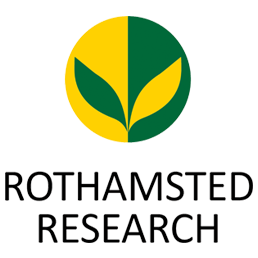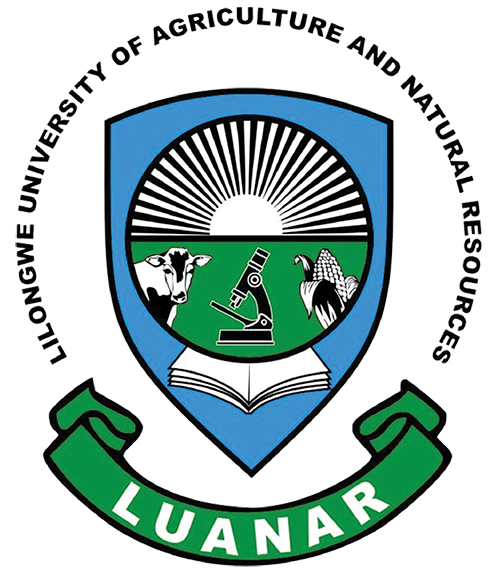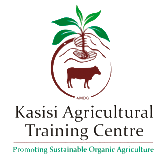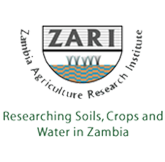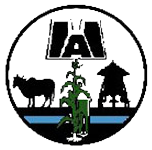Two recent El Niño-associated drought seasons in southern Africa have highlighted the vulnerability of agriculture there to climate change. One reason for this is the dependence of much production on the occurrence of sufficient rainfall at the start of the growing season. This is because little water is stored in the soil profile.
It is essential to improve the productivity of agriculture in sub-Saharan Africa while protecting land and water resources, and this is increasingly challenging in the face of climate change. One strategy for agricultural production, which is attracting a lot of interest in Africa, is conservation agriculture (CA). In CA, farmers use minimum tillage of the soil and mulch it with organic materials to reduce water loss. The use of appropriate crop rotations is also key to CA.
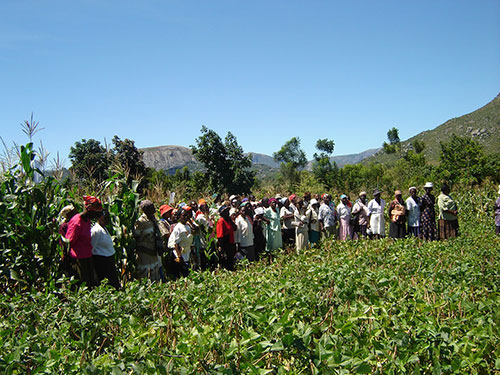
However, CA cannot be offered as a panacea. Its adoption has different labour demands to those of traditional cultivation and increased use of herbicides. There may also be competing uses for the mulching materials (animal feed, fuel). Furthermore, our understanding of the soil under CA is limited, which makes it hard to predict when and where CA will be successful. For example, how do CA practices change the soil's structure and the behaviour of soil water? Does this improve storage of water in the soil? What are the implications for groundwater resources under CA? The evaluation of CA requires cross-disciplinary input. Part of this must be an evaluation of the extent to which CA can be expected to be more resilient than traditional cultivation under climate change.
Funded by the Global Challenges Research Fund (GCRF), CEPHaS is a project to build research capacity to answer these questions. The team will use modern methods in soil physics and hydrogeology to examine soil and groundwater under CA experiments in Malawi, Zambia and Zimbabwe, and so develop our experience and capacity as a network to answer these and similar questions on behalf of farmers, their advisers and policy makers.


CEPHaS is funded by Research Councils UK through its Global Challenges Research Fund programme.

